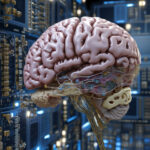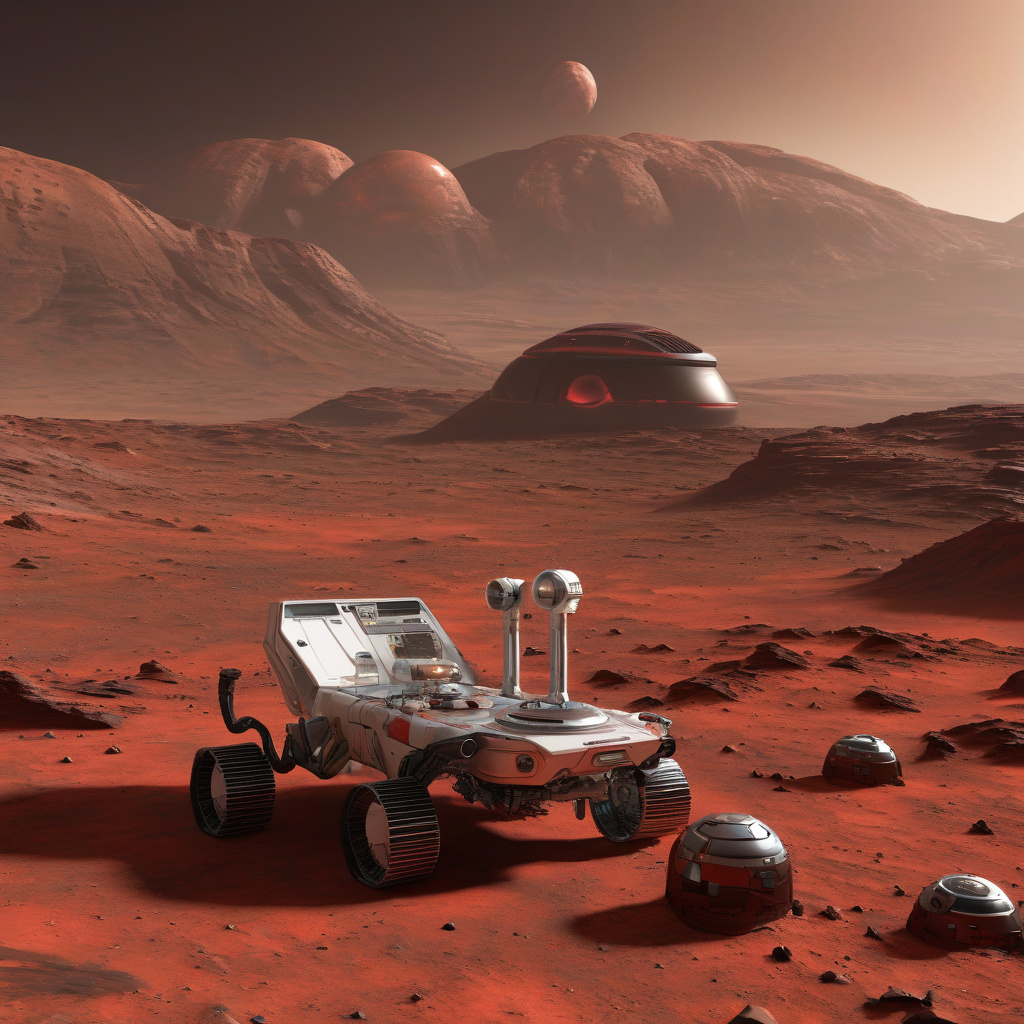NASA and Google’s AI Doctor: Revolutionizing Healthcare for Mars Missions
In the realm of space exploration, every detail matters. From the technology used in spacecraft to the health of astronauts on extended missions, every aspect must be meticulously planned and executed. This is why the recent collaboration between NASA and Google to develop an AI doctor for Mars missions is groundbreaking.
Tested by medical experts, NASA’s AI assistant has shown promising accuracy in treating common ailments that astronauts may face during their journey to Mars. This AI doctor is designed to provide real-time medical assistance and guidance to astronauts when traditional medical help is not readily available.
One of the key advantages of using an AI doctor in space is its ability to process vast amounts of medical data instantly. By utilizing machine learning algorithms, the AI doctor can quickly analyze symptoms, recommend treatments, and even assist in performing medical procedures if necessary. This level of efficiency is crucial in a high-stakes environment like space travel, where every second counts.
Moreover, the AI doctor’s accuracy in diagnosing and treating common ailments has been validated by medical experts. Through rigorous testing, including simulated Mars missions, the AI assistant has demonstrated its capability to provide accurate and reliable medical support to astronauts in need.
Imagine a scenario where an astronaut on a Mars mission develops a mysterious illness. With limited resources and communication delays with Earth, having an AI doctor on board could be a matter of life and death. The AI assistant can quickly assess the symptoms, cross-reference them with a vast database of medical knowledge, and recommend a course of treatment, all within seconds.
Beyond its practical applications in space travel, the development of an AI doctor by NASA and Google has far-reaching implications for healthcare on Earth as well. The same technology that powers the AI doctor could be adapted for remote areas with limited access to medical professionals. In rural communities or developing countries, where healthcare resources are scarce, an AI doctor could provide essential medical support and guidance to those in need.
As we look to the future of space exploration and healthcare, the collaboration between NASA and Google in developing an AI doctor marks a significant milestone. By harnessing the power of artificial intelligence, we are not only revolutionizing healthcare for Mars missions but also paving the way for a new era of medical assistance both in space and on Earth.
In conclusion, the partnership between NASA and Google to create an AI doctor for Mars missions represents a remarkable fusion of cutting-edge technology and innovative thinking. With its proven accuracy in treating common ailments and potential for broader applications in healthcare, the AI doctor is set to redefine the way we approach medical assistance in space and beyond.
NASA, Google, AI doctor, Mars missions, healthcare revolution











